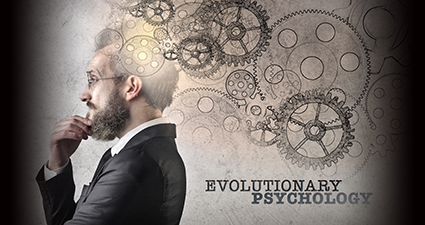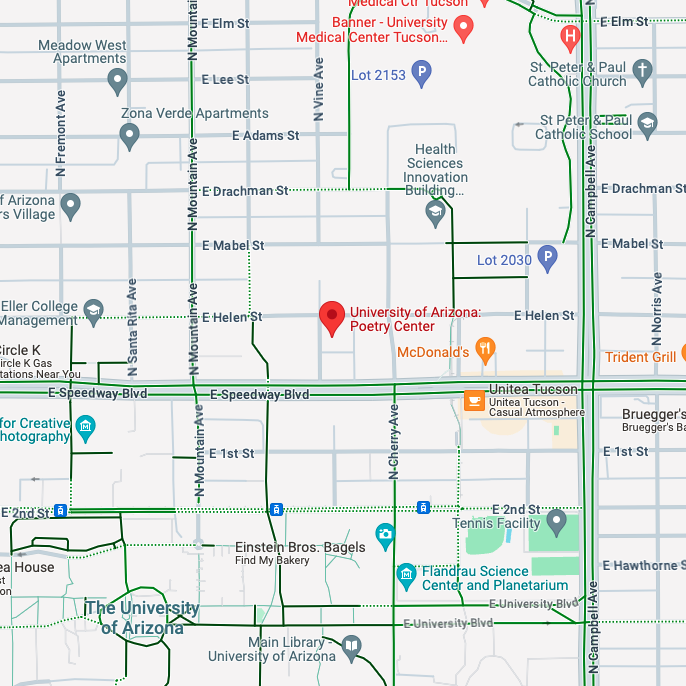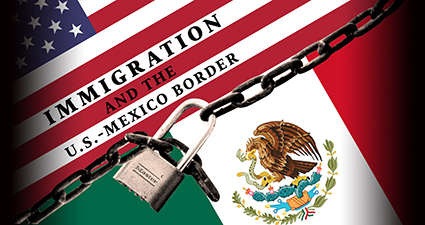Biology has well-supported insights into how animals make decisions and why they behave the way they do, in contexts from foraging to cooperation. This knowledge is grounded in theory as well as empirical evidence. Generally these insights also apply to humans: humans evolved, and thus their brain as well as their preferences, capabilities, and learning abilities are all the result of natural selection, as they are for any other animal. What consequences does this have for our understanding of how people behave when shopping, budgeting time, parenting, loving, or hating? In this course, we will cover how biologists arrived at their conclusions about animals and discuss how they apply to humans. We will also talk about psychological research and controversies in this area, and what, if anything, differentiates humans from other animals (intelligence, cultural evolution, free will?). Do any of these research findings change our conclusions?






